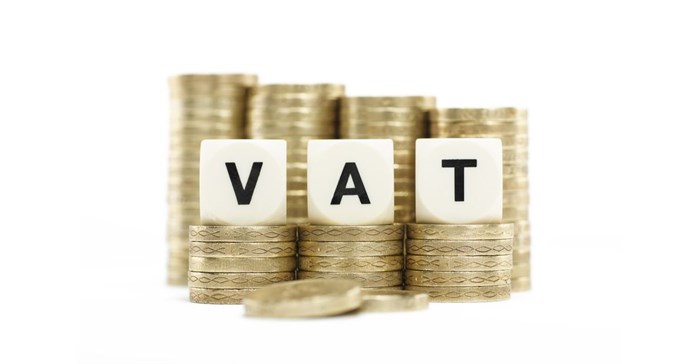Government says it will continue to implement reforms to increase the growth potential of the economy and improve the credibility of South Africa's policy decisions.
In addition to this, government will maintain South Africa’s strengths, such as an independent central bank, an inflation-targeting regime with inflation consistently within the target range, low levels of foreign-currency debt and a clear fiscal consolidation plan.
“Government will continue to collaborate with business, labour and civil society to restore confidence in the economy and address the structural constraints to economic growth,” Communications Minister Nomvula Mokonyane said.
“Working together, we can translate our plans into concrete actions to move the South African economy forward."
Cabinet’s comment follows the recent dramatic plummet of the rand to the dollar - which saw the currency reach over R15 to the dollar – for the first time in two years.
This has been attributed to the external factors such as the recent economic developments in Turkey, which have led to a large depreciation of emerging market currencies, including the South African rand.
The US imposed 20% tariffs on the Turkish lira, which is threatening the banking system in the country. This rocked other emerging markets, raising questions of possible knock-on effects.
Mokonyane said capital outflows from these markets have accelerated and bond yields have risen, slowing down economic growth and job creation.
Turkey’s large foreign currency denominated liabilities and relatively low levels of foreign currency reserves predisposed the country to large and damaging capital outflows, as monetary policy started to normalise in advanced economies.
VAT panel
Meanwhile, Cabinet welcomed the report by the Ministerial Panel of Experts, which reviewed the list of zero-rated value added tax (VAT) items.
The nine-member panel submitted its report last week after it was granted an extension to the deadline from 31 July to 6 August 2018.
The minister of finance appointed the panel after the announcement in the national budget in February of the increase in the rate of VAT from 14% to 15% effective from 1 April 2018.
The panel recommended that sanitary products, school uniforms, nappies (including cloth and adult nappies) as well as white bread, bread flour and cake flour be added to the list of zero-rated VAT products.
Currently, the zero-rated list consists of 19 items, which include dried beans and samp.
The public has until by 31 August 2018 to submit their comments.
“Cabinet encourages South Africans to voice their opinions on the report, which is open for public comment until 31 August 2018. The minister of finance, Nhlanhla Nene, will then make an informed choice on which proposals to implement,” said Mokonyane.

















































